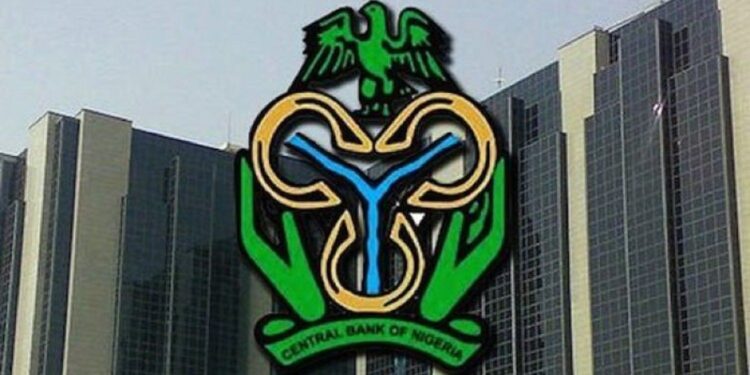The Central Bank of Nigeria (CBN) announced on Saturday that its efforts to curb inflation through monetary policy tightening are beginning to bear fruit, as evidenced by a consistent reduction in month-on-month headline inflation for the third consecutive month in May 2024.
Despite this, the Abuja Chamber of Commerce and Industry (ACCI) raised alarms over the continuing surge in food prices, which are deepening poverty across the nation.
Inflation Trends and CBN’s Measures
The National Bureau of Statistics (NBS) reported that the Consumer Price Index (CPI), which tracks changes in the price of goods and services, decelerated to 2.14% in May, down from 2.29% in April and 3.02% in March. However, the annual headline inflation increased slightly to 33.95% in May from 33.69% in April.
Food inflation, a critical concern, rose to 40.66% year-on-year in May, compared to 24.82% in the same period last year. Month-on-month, food inflation saw a slight decrease, falling to 2.28% in May from 2.50% in April.
CBN’s Response
Muhammad Sani Abdullahi, Deputy Governor of CBN’s Economic Policy Directorate, expressed optimism, stating, “Slowly but surely, the inflation tide is turning.” He emphasized the importance of ongoing coordinated policy measures to mitigate inflationary pressures in the near future.
The CBN highlighted the decline in monthly inflation rates from a peak of 3.12% in February, reflecting a reduction in the pace of price increases for essential goods. The bank remains confident that its monetary policy, combined with fiscal measures from the federal government, will help stabilize the economy and reduce the cost of living.
ACCI’s Concerns
Contrary to the CBN’s optimistic view, the ACCI voiced serious concerns over the escalating food prices, which are impacting small businesses and exacerbating poverty. ACCI President Emeka Obegolu stated that the rising costs of staple foods like rice, beans, cassava flour, and tomatoes are making basic meals unaffordable for many Nigerians.
Obegolu pointed out that while the NBS reported a 35.41% food inflation rate in May 2023, on-ground observations suggest that the actual rate could be higher than 50%, highlighting the severe economic hardships faced by citizens due to the depreciating naira, which has reduced purchasing power and disrupted business operations.
Calls for Action
Segun Olugbile, CEO of Araba Technology, called on the ACCI to take action against the food crisis in the Federal Capital Territory (FCT). He highlighted the multifaceted challenges, including climate change and high inflation, affecting food production and supply chains.
Olugbile stressed the need for ACCI to collaborate with the government and other stakeholders to enhance food security in the region. With an estimated 24.7 million people facing food and nutrition insecurity across 26 states, including the FCT, urgent measures are necessary to prevent a worsening crisis.
Supporting Local Businesses
Obegolu noted that the ACCI is committed to providing support through training and advocacy to help local businesses navigate current challenges and seize opportunities in the food sector. He acknowledged that rising costs of essentials like food, housing, and healthcare are pushing many households deeper into poverty.
Bottom Line
While the CBN’s policies show signs of moderating inflation, the ongoing economic challenges underscore the need for comprehensive efforts to support vulnerable populations and stabilize the economy. The rising prices of staple foods such as beans and tomatoes continue to strain the finances of ordinary Nigerians, highlighting the urgent need for coordinated action to address the food crisis and improve living standards across the country.









